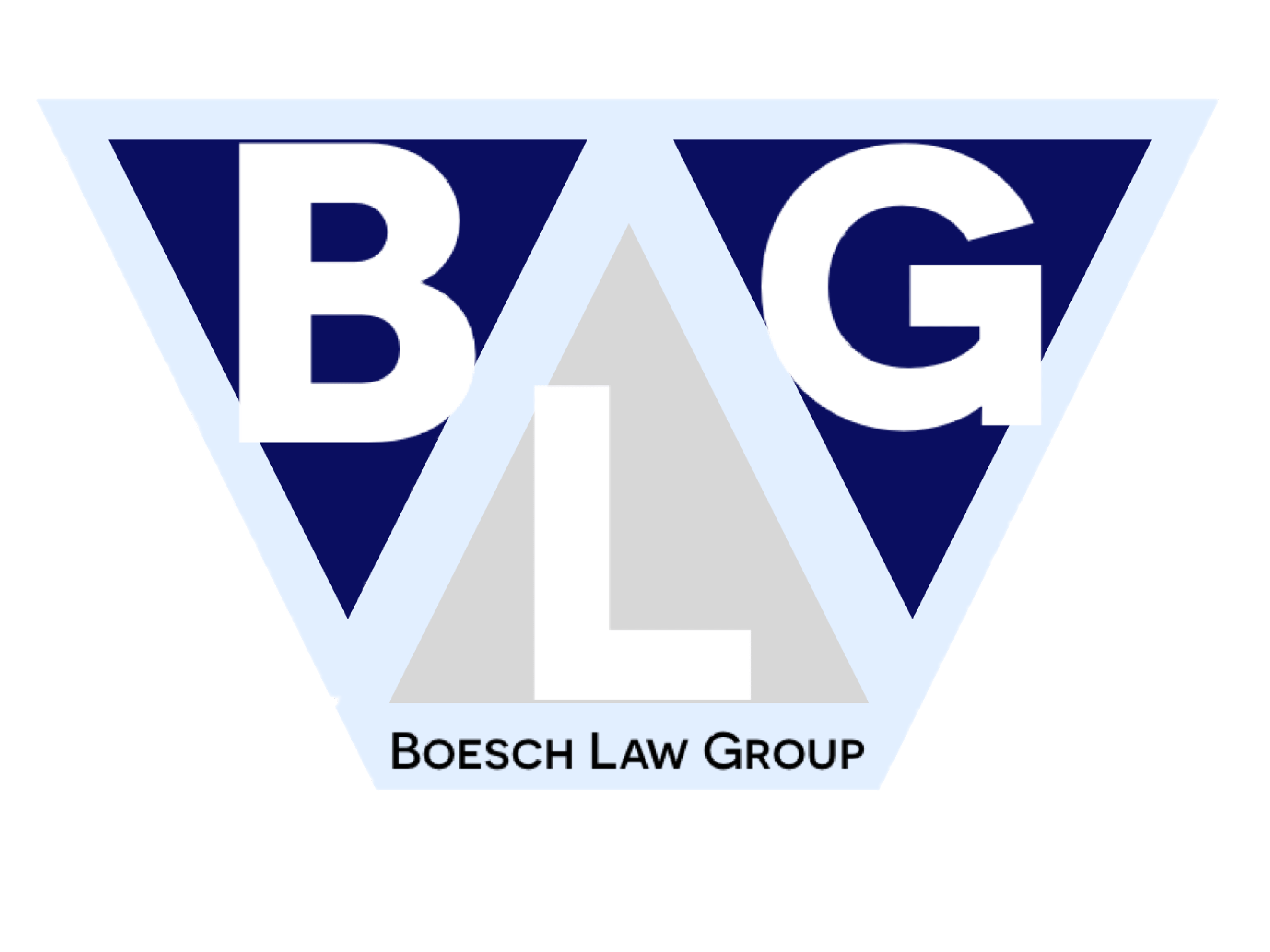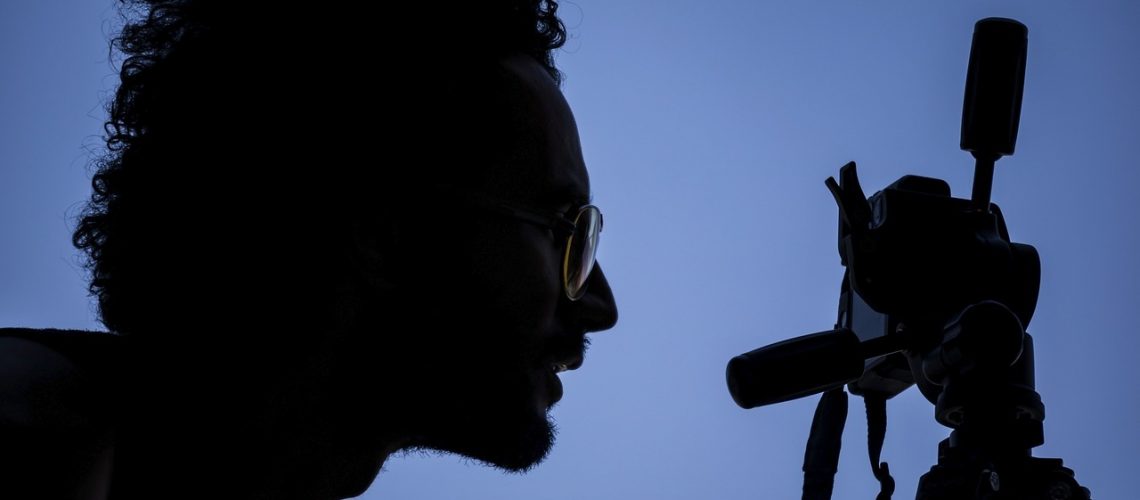Los Angeles is a hub for creative entrepreneurs—production companies, influencers, digital agencies, and content creators are launching fast and scaling even faster. But with growth comes complexity, and many creative ventures find themselves navigating legal landmines without a map.
At the Boesch Law Group, we serve as outside general counsel to businesses at every stage of growth. For creators and entertainment professionals, having a legal partner who understands both the creative process and business strategy can be the difference between a promising idea and a sustainable company.
Here are key legal tips for turning your creative startup into a scalable business:
- Choose the Right Business Structure
Many creators begin as sole proprietors or informal partnerships. While this might work early on, it leaves you exposed to personal liability and unclear profit-sharing arrangements.
Forming an LLC or corporation provides a legal shield, clarifies ownership, and creates a foundation for growth. For production teams or co-creators, clear operating agreements are essential—especially if one partner contributes sweat equity or brings in outside clients.
Tip: Don’t rely on handshake deals. Your business entity should reflect how you actually operate.
- Protect Your Intellectual Property Early
Whether you’re producing video content, composing music, developing branded campaigns, or designing merchandise, your intellectual property is your core asset.
Creative professionals often run into disputes when:
- They collaborate without written agreements.
- Their brand name or logo isn’t trademarked.
- They fail to clearly assign rights in commissioned work (such as music, design, or editing).
General counsel can help you register trademarks, negotiate licensing deals, and ensure that ownership is clearly defined—even when working with freelancers or agencies.
- Use Clear Agreements with Freelancers and Collaborators
In the content creation space, it’s common to work with independent contractors: editors, stylists, photographers, performers, animators. But without proper agreements, you risk:
- Disputes over who owns the final work.
- Misclassification liability under California labor law.
- Unclear usage rights for branded content or sponsored work.
Tip: Every freelance agreement should address work-for-hire terms, payment milestones, deliverables, and IP ownership.
- Don’t Overlook Compliance and Brand Risk
Sponsorships, affiliate partnerships, and brand deals can be lucrative—but also create legal exposure. Disclosures required by the FTC, false advertising claims, and breach of exclusivity clauses can quickly escalate.
Having general counsel review brand agreements and develop internal guidelines (e.g., for influencer endorsements or client content approvals) can protect your reputation and limit liability.
- Think Long-Term: Investors, Exit, and Expansion
Even if your business starts with passion and creativity, investors and partners will expect legal structure. Whether you plan to raise funding, sell your company, or expand into new markets, having well-documented operations, clean contracts, and IP rights in place makes your business more valuable and fundable.
The Boesch Law Group: General Counsel for Creatives
Our team works closely with founders, creative professionals, content companies, and production/post-production companies to provide practical, strategic legal support. Whether you need help forming your entity, negotiating deals, or protecting your work, we offer general counsel services tailored to your needs—and your industry.
Ready to take the next step in protecting and growing your creative business?
Contact us today to schedule a free consultation.

